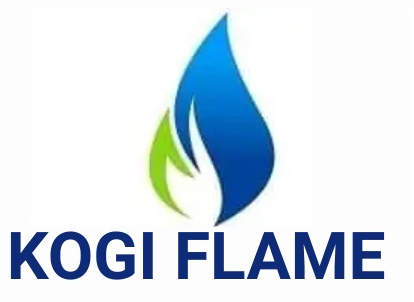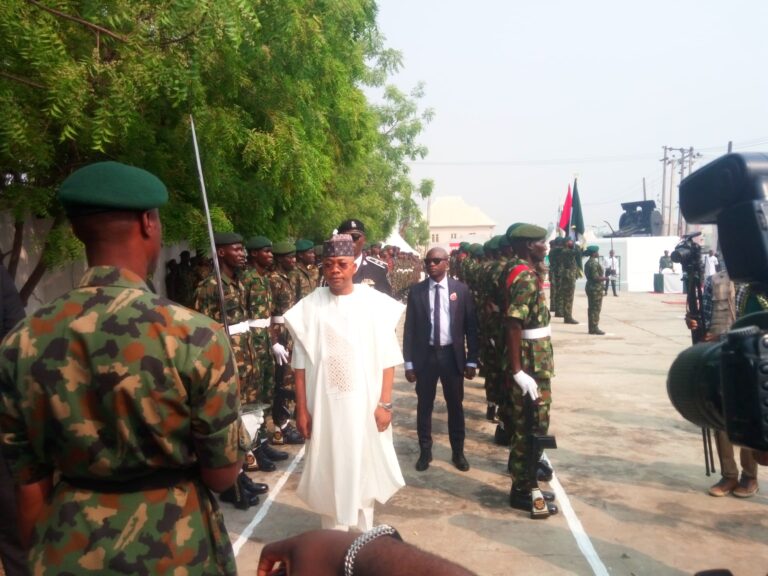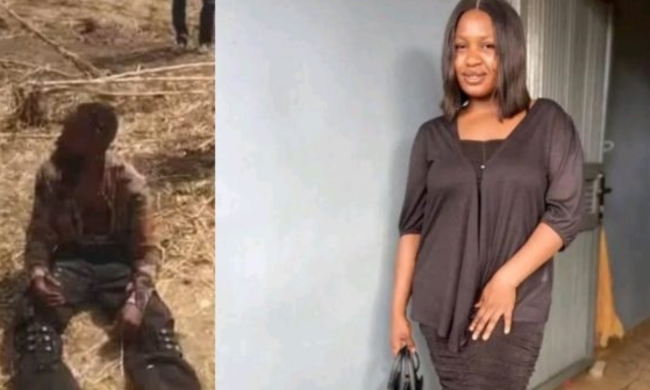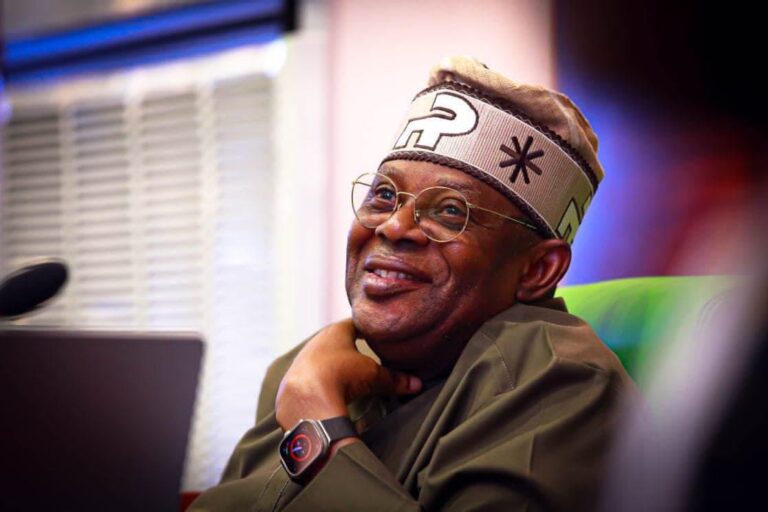Warning: Attempt to read property "post_excerpt" on null in /home/kogiflam/public_html/wp-content/themes/morenews/single.php on line 55

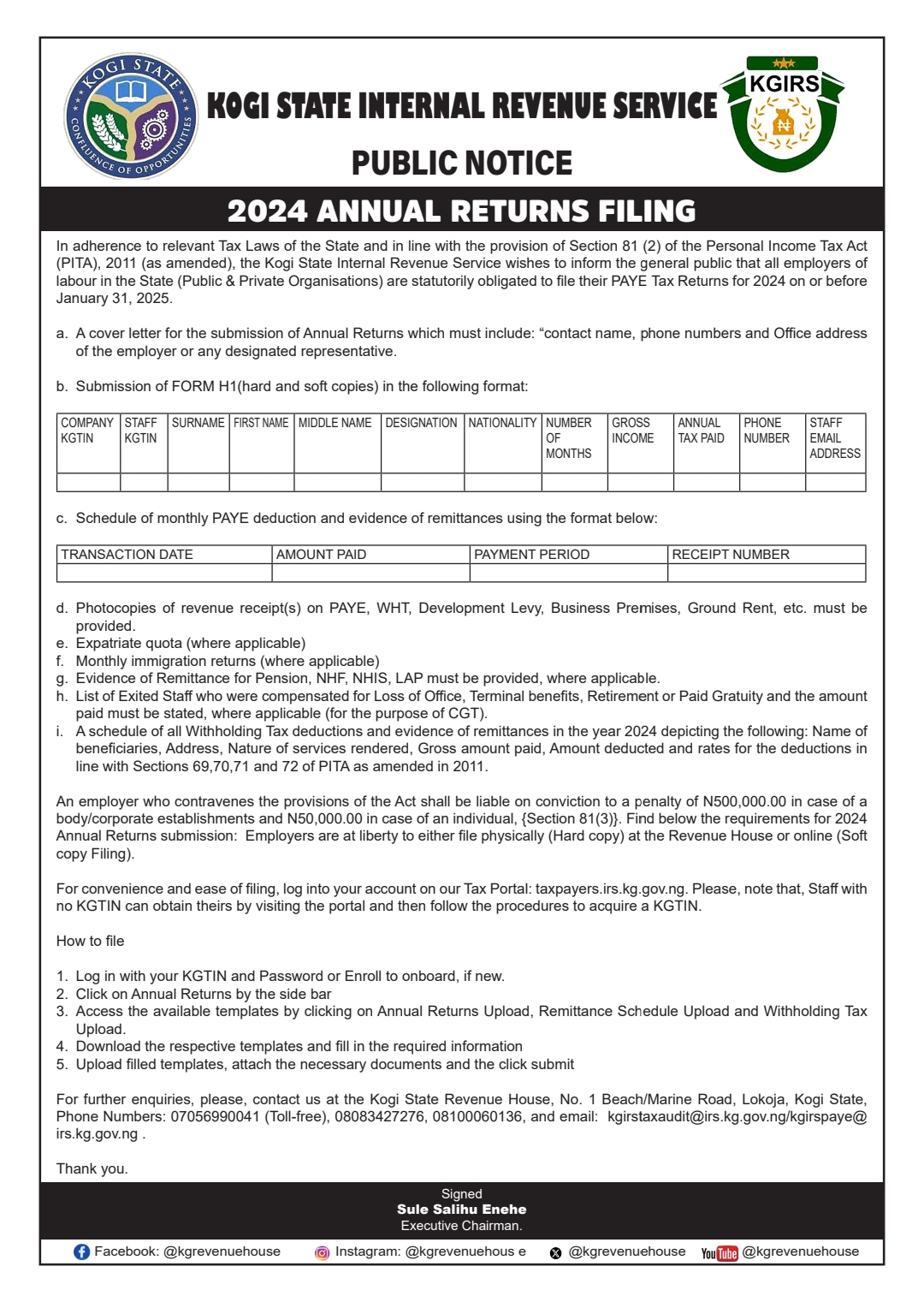
Kogiflame
ActionAid Nigeria has called on the Federal Government to fix structural deficits and drivers of violent extremism in its effort to curtail the spate of violence and general insecurity in the country.
Resilience Programme and Consortium Coordinator, ActionAid Nigeria, Mr Anicetus Atakpu made the call on Tuesday during a four-day workshop on Community of Practice (COP) themed: Advocacy and Policy Influencing in Preventing and Countering Violent Extremism (PCVE) implementation in Nigeria.
Atakpu declared that conflict and corruption were fundamentally driven by Social Injustice, Bad Governance, Unequal Opportunities, Poverty, Uneven Development, Inequality and Ethno-Religious Secondary Causes.
He added that while violence was clearly perceptible, there had been inadequate attention to its drivers just as response plans had also been missing response.
He said that ActionAid Nigeria through its “System and Structure Strengthening Approach Against Radicalization to Violent Extremism (SARVE II) Project”, organised the dialogue in collaboration with IGSR, and Women Environmental Programme (WEP).
“We discovered that there are some structural deficits, structural challenges in the system that need to be looked into or need to be fixed for us to actually have the kind of peace that we want.
“One of the core drivers of violent extremism is unemployment and we have it very low currently in Nigeria. And again with the pandemic that just happened, more people dropped below the poverty line in Nigeria.
“When you look at the issues of injustice and Our Court systems. As a speak now, almost all the courts in Nigeria by virtue of the strike action by Judiciary Staff Union Of Nigeria (JUSUN) are grounded. Where is the hope of the common man?
“When you look at the academic system, as we speak the Polytechnics are on strike as a result of strike. There are different strikes going on as we speak in the Legislature and Judiciary arms of government.
The state legislatures cannot sit as we speak because the Parliamentary Staff Association of Nigeria (PASAN) are on strike. These are policy issues and are beyond what the individual can do.
“These are issues, these are policy issues that need to be looked into. So we are saying on our part, that we want to go beyond community engagement and coming out as NGOs, to start addressing issues of policy, law, frameworks that need to happen.
“And regardless of what we do as NGOs or as individuals, it is difficult for us to close that gap and so, we still need the government to come in, in terms of bringing out policy documents, blueprints, maps on where we are going to in terms of job creation”, he said.
The ActionAid Resilience and Consortium Programme Coordinator said the prevailing spate and sophistication of violence in the country was beyond the scope Communities and individuals could handle.
“You will agree with me that the current violence that we are expressing in Nigeria is beyond engagement by communities. Here we say security is every man’s business but it is beyond engagement by just the community or by individuals”, Atakpu added.
The COP was however, being hosted by ActionAid Nigeria with Participation Initiative for Behavioural Change in Development (PIBCID), Global Peace Development (GPD) and Beacon Youth Initiative (BYI) with funding from the Global Community Engagement and Resilience Fund, (GCERF).
Atakpu said the essence of the dialogue was to enable the participants broadly discuss “how CSOs can identify key messages to develop advocacy materials for policy influencing in PCVE implementation in Nigeria.”
